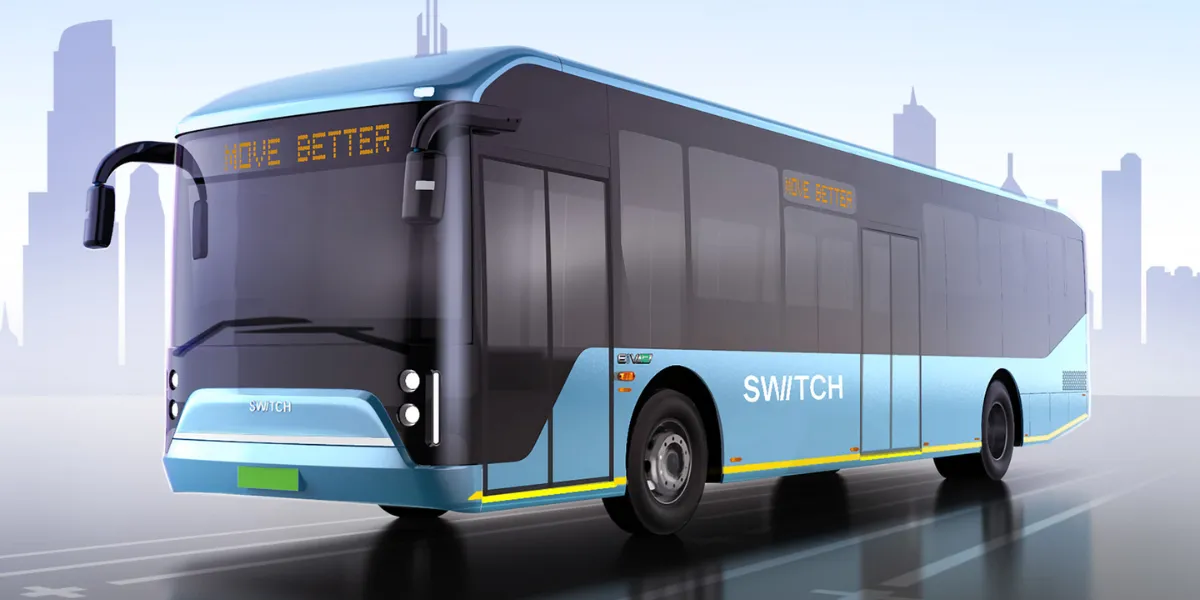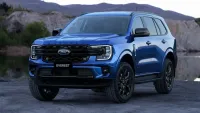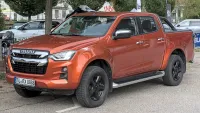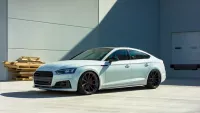I still remember the first time I saw an Ashok Leyland electric bus silent, smooth, almost like the beginning of a new era. But the latest news really caught my eye. The company has decided to shift its electric bus production from the UK to RAK (Ras Al Khaimah, UAE). And let me tell you, this isn’t just a factory relocation it’s a smart strategic move.
Why Did Ashok Leyland Make This Move?
To put it straight the UK had become expensive and complicated for manufacturing. The economy there isn’t exactly friendly for EV expansion right now. On the other hand, UAE, especially RAK, offers a tax-friendly environment with solid infrastructure already in place. A dealer friend once told me, “Business grows where both money and policy support it.” That fits perfectly here.
Indian Roots, Global Ambition
With this shift, Ashok Leyland has made it clear that it’s stepping up its EV game globally. The buses built in RAK won’t just serve the Middle East but will also be exported to Europe and Africa. When I visited their Chennai plant last year, one of the battery engineers told me, “We’re developing modular systems for global specs.” Back then, it felt like a generic comment now it makes perfect sense. They were preparing for this exact moment.
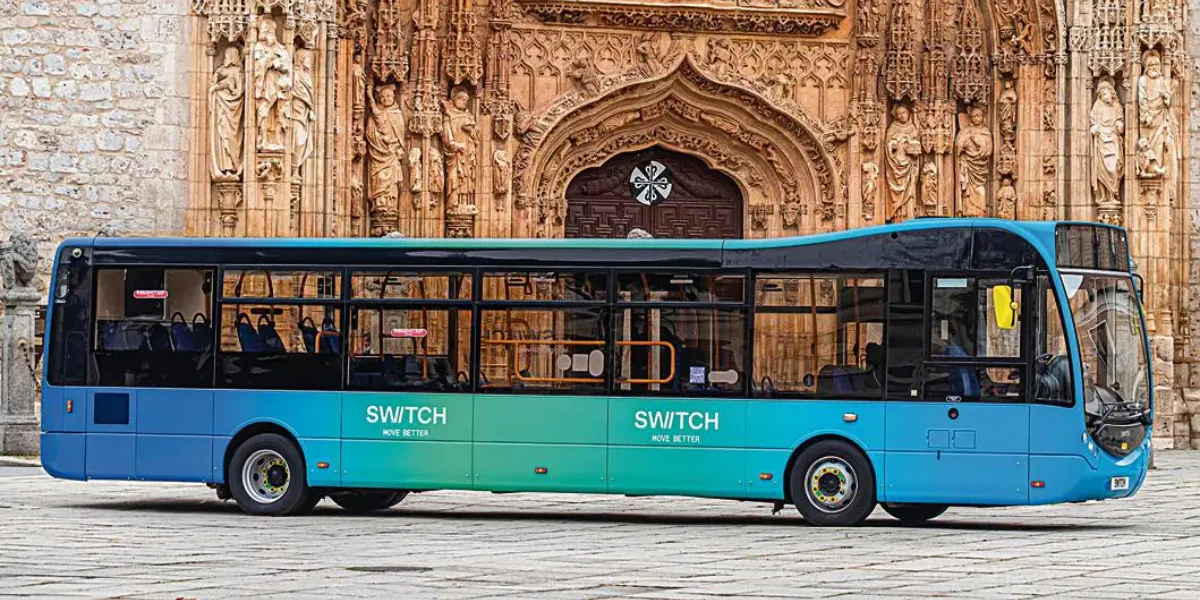
What Does This Mean for India?
Let’s be clear shifting production doesn’t mean India loses out. In fact, it gives the Chennai and Hosur plants a chance to focus on specialized models like domestic electric trucks and small commercial EVs. An insider once said to me, “The UK plant was feeling cost pressure, but here in India, innovation moves faster.” Absolutely true. India has moved from being a testing ground to becoming an innovation hub.
A Reality Check
But yes, not everything about this shift is rosy. Some skilled UK workers are facing job losses, which is the tough side of this transition. A supplier in Pune once told me, “The EV revolution sounds romantic, but every change comes with pain.” That’s the harsh truth of this move progress always has a price.
The Road Ahead
RAK gives Ashok Leyland both flexibility and cost advantage. The company clearly plans to expand its EV ecosystem not just with buses, but with trucks and fleet solutions too. If all goes as planned, we might soon see next-gen electric buses being exported worldwide with a proud label: “Made in RAK, powered by Ashok Leyland India.”
To put it simply, this is a bold and calculated step. Yes, there’s risk but there’s also a clear vision. Ashok Leyland has moved far beyond being just an Indian commercial vehicle brand. It’s now stepping onto the global stage in the EV space and honestly, this could be the moment that changes everything for the company.

